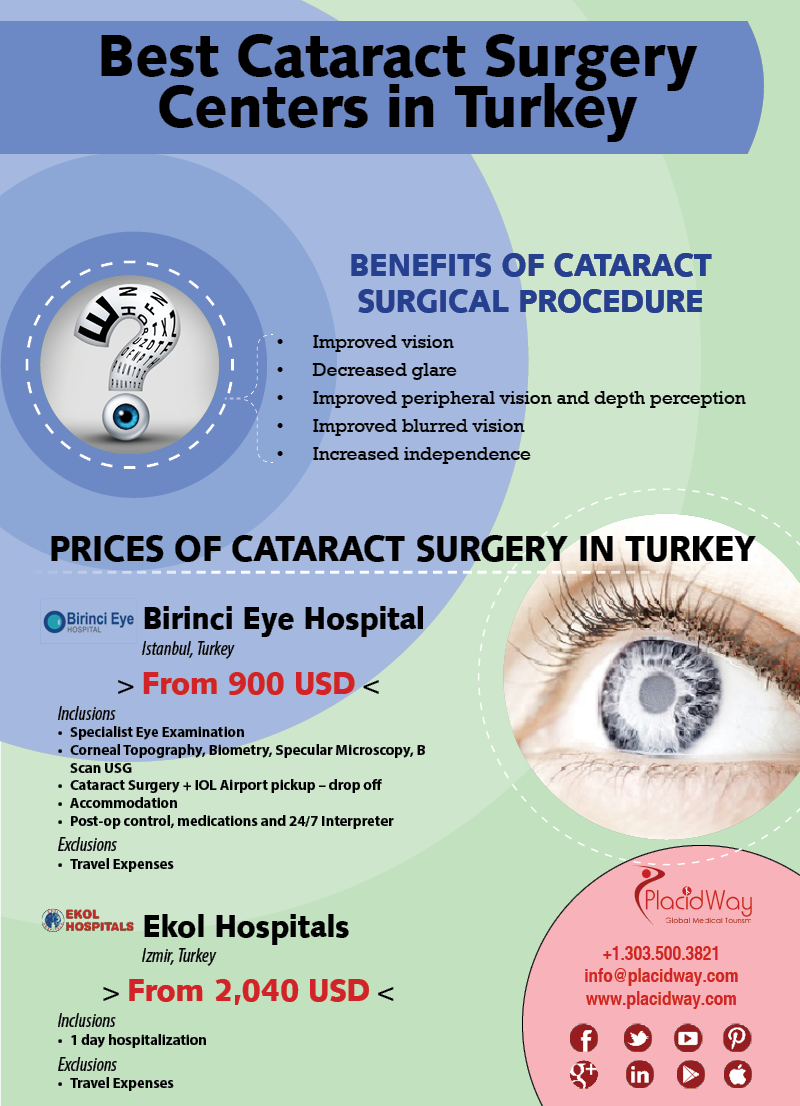Material By-Lind Dickinson
Dry eye signs can be aggravating and unpleasant. You might question if you need to see an eye doctor or an eye doctor for alleviation. Optometrists usually deal with mild to modest situations with efficient therapies. Nonetheless, if your symptoms linger or worsen, it might be time to consider a specialist's care. Understanding the best path for your situation is critical-- so what factors should you think about before making that appointment?
Comprehending Dry Eye Manifestations
Have you ever experienced a consistent feeling of dry skin in your eyes? This pain can be more than just an aggravation; it frequently signifies a typical problem referred to as completely dry eye.
You might notice redness, itching, or an abrasive sensation, making it hard to focus. Sometimes, your eyes may even water exceedingly as they try to make up for the absence of moisture. You can additionally experience obscured vision, specifically after extended display time.
Identifying these signs is important for handling completely dry eye successfully. Factors like long term screen usage, environmental toxic irritants, and particular drugs can exacerbate these sensations.
Role of Optometrists in Dry Eye Management
Eye doctors play an essential duty in managing dry eye, functioning as your primary source for diagnosis and therapy. They begin by reviewing your signs and symptoms and carrying out extensive eye evaluations to identify the underlying causes of your pain.
With their proficiency, they advise personalized therapy strategies, which might consist of fabricated rips, prescription medicines, or way of life adjustments. Optometrist Near Me Open Today inform you on appropriate eye care methods to aid alleviate signs.
If your problem calls for a lot more specialized interest, they'll refer you to an ophthalmologist. visit site with your optometrist ensure that your completely dry eye monitoring works, permitting changes to your treatment as needed.
Count on your optometrist to lead you with the procedure of finding relief from completely dry eye symptoms.
When to Speak with an Eye doctor
When should you think about speaking with an ophthalmologist for your dry eye signs and symptoms? If your symptoms linger despite over the counter therapies or worsen in time, it's time to see a specialist.
You must additionally connect if you experience serious pain, vision adjustments, or if your eyes appear red and swollen. An ophthalmologist can detect underlying conditions like blepharitis or meibomian gland dysfunction that may need advanced therapy.
If you have a background of eye surgeries or persistent problems such as rheumatoid arthritis, it's a good idea to speak with an ophthalmologist as well.
Final thought
In summary, if you're experiencing completely dry eye signs and symptoms, start by checking out an eye doctor for a personalized therapy strategy. They can assist with light to moderate concerns using fabricated splits and way of living changes. However, if your signs persist or aggravate, don't hesitate to speak with an ophthalmologist for even more customized treatment. Taking these steps can result in better management of your completely dry eye signs and symptoms and improve your general eye health and wellness. Remember, your comfort and vision deserve it!

